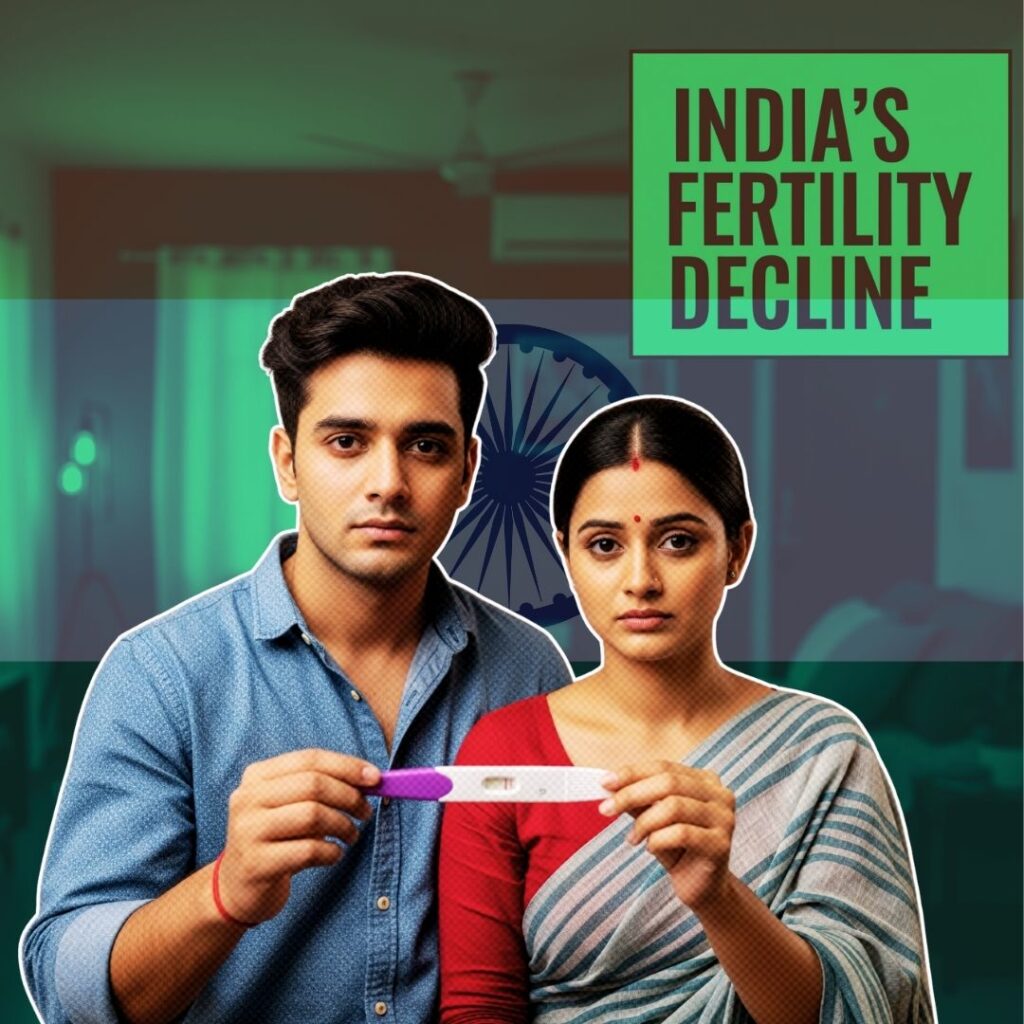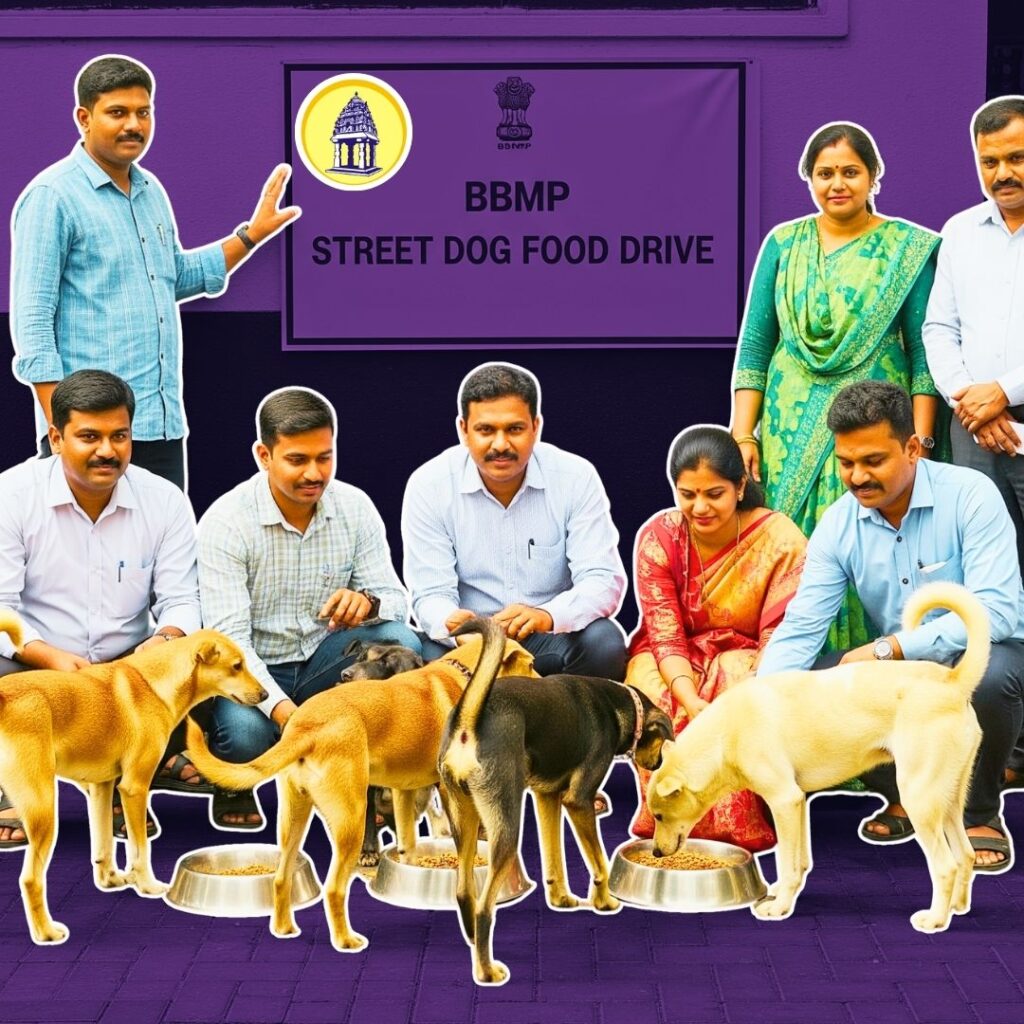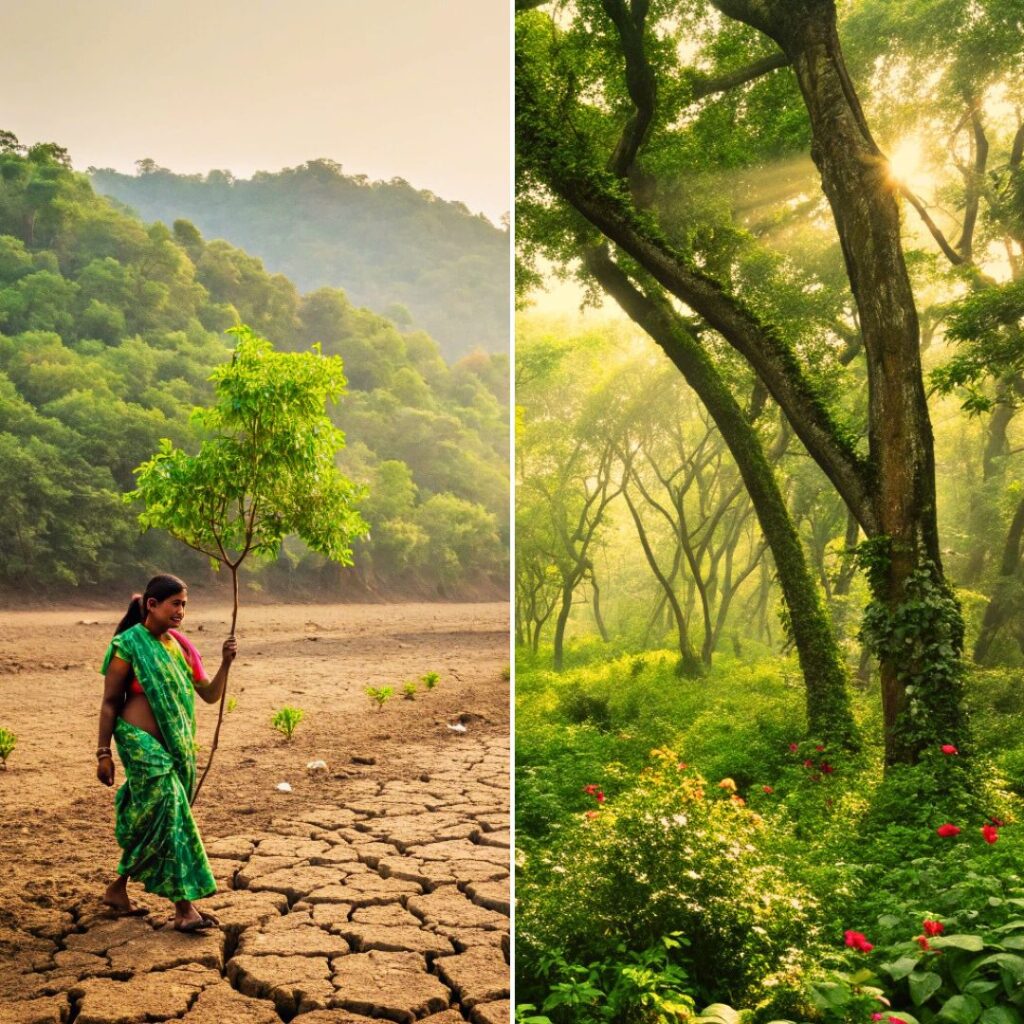The death of 11-year-old Santoshi Kumar from Simdega, Jharkhand has raised serious questions about the state government’s administration.
Santoshi died of starvation as her family was unable to procure ration from the local Public Distribution System (PDS) because her ration card was cancelled. Even as the district administration says the probe claims that Santoshi died of illness, Jharkhand PDS minister confirmed to Newslaundry that the family was denied ration.
“The claim that she was denied ration, is true. Her ration card was deleted on July 22,” the BJP minister said. He added that the PDS chief secretary, Raj Bala Verma, had directed them to cancel ration cards of all those who hadn’t linked it to Aadhaar.
“On April 5, in a written communication, I asked the principal secretary of my department that on what basis such an order was passed. I am yet to get a response,” Rai told Newslaundry.
“I am not concerned, whether I will remain a minister in this government or not,” he added. “Badi karwai to bade padh par baithe logon par honi chahiye (Strict action should be taken against the senior officers responsible for this crisis.) This will not change until they are penalised.”
Earlier, the Unique Identification Authority of India (UIDAI), which administers Aadhaar, said that all the six members of the family had Aadhaar and stringent action must be taken against those who allegedly denied her benefits under food subsidy scheme.
Interestingly, after Santoshi had died on the night on September 28, activist Dheeraj Kumar had told The Logical Indian that officials told the locals to say that she was sick and did not die of hunger.
For those who are new to the issue, read the background below:
An 11-year-old girl, Santoshi Kumari, from Simdega district, Jharkhand died of starvation on the night of September 28 after going without food for at least five to six days.
The Logical Indian contacted Right to Food activist, Dheeraj Kumar, who had first brought this issue to light. In his interview with the girl’s mother, Koyli Devi, she informed that the family’s ration card had been cancelled as it wasn’t linked to their Aadhaar, thus, they were unable to procure food.
Santoshi was in a state acute hunger as her school was shut for Durga Puja holidays so she couldn’t get food from the midday meal scheme. The other members of the family also hadn’t eaten since the past few days. As per the Right to Food activists, the family’s ration card was cancelled in February; since then, they were surviving on bits and pieces. The mother and the elder daughter who is 20 years of age sustained by doing menial jobs like trimming grass in people’s houses, making cow dung cakes, datoon (sticks used to brush teeth) and pattal (plates made out of leaves). They used to earn around Rs 70 after six days of selling these items. The elder daughter sometimes used to take care of cows and goats owned by people in the village and would, in turn, get rice for the work.
Koyli Devi with her one-and-a-half-year old son
Koyli Devi’s youngest child is a one-and-half-year-old boy who is taken care of by Anganwadi workers. He is entitled to take-home ration which the family used to dilute and feed everyone.
District administration knew about the family’s condition
Right to Food activists had informed local officials more than a month before Santoshi’s death, on August 21, that the family was starving as they weren’t getting any ration. But the authorities did nothing because the family’s ration card wasn’t ‘seeded’ (as said in the local language) to Aadhaar.
The local Public Distribution System (PDS) dealer refused to give ration, citing the Central government’s February order that had made Aadhaar mandatory for availing subsidised foodgrains. However, activists say that this is in clear violation of the Supreme Court’s 2013 order which said that the Centre cannot make Aadhaar mandatory for availing of government benefits and schemes.
Furthermore, it is unfair to hold the family responsible for the delay in making the ration card as the process is lengthy and not without bureaucratic exploitation or technical glitches. When their details were uploaded on the Jharkhand PDS website, the server was down. Problems with the system and logistics were beyond the family’s control. When The Logical Indian tried to access the PDS server, it remained inaccessible even today.
Screenshot of the Jharkhand PDS website which shows that the server was down even today
In the Aadhaar-enabled PDS system that uses electronic Point of Sale (ePOS), a person has to give their biometric data each time they use the scheme. There are two issues with this system; one, it works on network connectivity that might be poor in rural areas, and two, if one doesn’t have Aadhaar, they are not eligible for ration.
“This wasn’t an isolated incident of the government’s push for Aadhaar. Across India, state and central…











